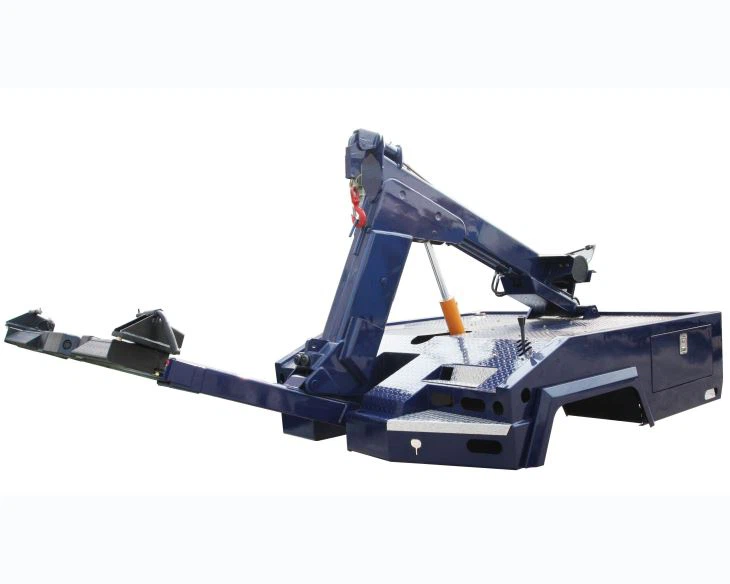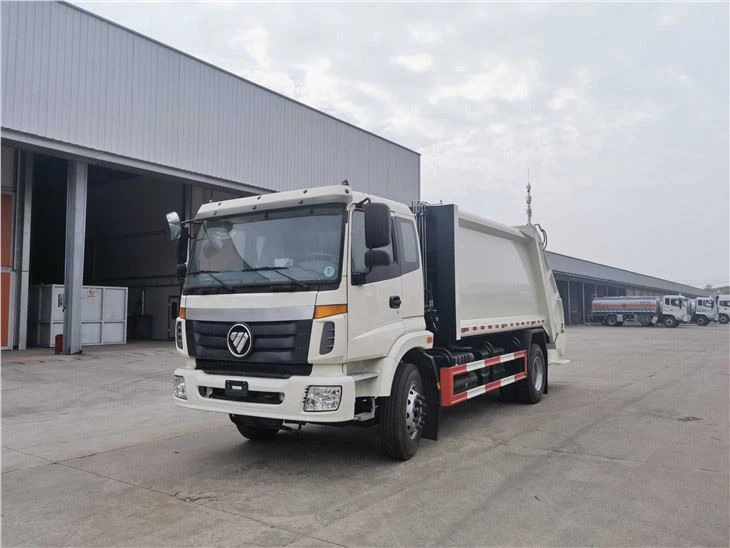Everything You Need to Know About Mini Flatbed Trucks

Introduction
Mini flatbed trucks have gained significant popularity due to their versatility and efficiency. Built for various tasks, these trucks are ideal for small businesses, contractors, landscapers, and even personal use. This article provides a comprehensive overview of mini flatbed trucks, exploring their features, benefits, types, and how to choose the right one for your needs.

What is a Mini Flatbed Truck?
A mini flatbed truck is a compact vehicle featuring a flat, open cargo bed that allows for easy loading and unloading of items. Unlike traditional pickup trucks, mini flatbeds typically have a lower profile, making it easier to access the cargo area. They come with various configurations and can be used for transporting goods in urban and rural environments alike.
Key Features of Mini Flatbed Trucks
- Simplified Loading and Unloading: The flat design allows for easy access from all sides.
- Compact Size: Fits easily in tight spaces while still carrying a significant payload.
- Versatile Applications: Suitable for landscaping, deliveries, construction, and more.
- Variety of Designs: Available in different lengths, widths, and weight capacities.
Benefits of Using Mini Flatbed Trucks
Cost-Effectiveness
Mini flatbed trucks tend to be more affordable than larger commercial vehicles, making them an excellent option for small businesses. They consume less fuel and require lower maintenance costs.
Enhanced Maneuverability

Thanks to their compact size, mini flatbeds can navigate through narrow streets and tight job sites with ease, allowing for efficient operations in congested areas.
Increased Accessibility
The flatbed design enables quick loading and unloading, which saves time during the transport of materials. Its low height allows for easy access without the need for ramps.
Types of Mini Flatbed Trucks
1. Gasoline Mini Flatbeds
Gasoline-powered mini flatbeds are known for their quick start-up, ample power, and lower initial cost. They are popular among contractors and service providers.
2. Diesel Mini Flatbeds
Diesel mini flatbeds typically offer better fuel efficiency and greater torque, making them ideal for heavy-duty applications. They are suitable for those who frequently transport heavy loads.
3. Electric Mini Flatbeds
As sustainability becomes more important, electric mini flatbeds are gaining traction. They offer quiet operation, low emissions, and lower operating costs in the long run.
Key Specifications to Consider
Payload Capacity
The payload capacity denotes the maximum weight the truck can carry while ensuring safety and efficiency. Understanding your needs will help you choose the right capacity.
Dimensions
Consider the dimensions of the flatbed, including its length and width. Make sure it can accommodate the type of cargo you intend to transport.
Engine Performance
Engine size and power will affect your truck’s performance. Evaluate the engine specifications to ensure it meets your transportation requirements.
Braking System
Flatbed trucks should have a reliable braking system for safe handling, especially when loaded. Always check the type of brakes used.
Fuel Efficiency
Fuel economy is a key consideration, especially for businesses aiming to minimize operating expenses. Research the manufacturer’s ratings for fuel consumption.
Practical Uses of Mini Flatbed Trucks
Landscaping Services
Mini flatbeds are often used by landscaping companies to transport soil, plants, and equipment. Their compact size is great for tight urban areas.
Delivery Services
These trucks are excellent for local delivery services, especially in urban settings where a larger truck may struggle to maneuver.
Construction Projects
Contractors utilize mini flatbeds to transport building materials to job sites. The flatbed’s open design allows for easy handling of materials.
Moving and Storage
They’re also useful for moving furniture and appliances, providing ample space for transporting items safely and securely.
How to Choose the Right Mini Flatbed Truck
Assess Your Needs
Identify what you will primarily use the truck for. This will help you determine the necessary specifications such as payload capacity and dimensions.
Research Various Models
Take time to compare different brands and models. Pay attention to reviews and performance ratings.
Consider Your Budget
Establish a budget that includes purchase price, insurance, and potential maintenance costs. Keep in mind that a more expensive model may have better longevity and performance.
Test Drive the Vehicle
Always take the truck for a test drive. Assess its comfort, visibility, and how it operates under a load.
Comparing Popular Mini Flatbed Truck Models
| Model | Engine Type | Payload Capacity | Fuel Efficiency | Starting Price |
|---|---|---|---|---|
| Ford Ranger | Gasoline | 1,800 lbs | 21 MPG city / 26 MPG highway | $25,000 |
| Chevrolet Colorado | Diesel | 2,200 lbs | 19 MPG city / 25 MPG highway | $30,000 |
| Nissan Frontier | Gasoline | 1,600 lbs | 18 MPG city / 24 MPG highway | $27,000 |
| RAM 1500 Classic | Gasoline | 1,900 lbs | 15 MPG city / 22 MPG highway | $32,000 |
| GMC Canyon | Diesel | 1,900 lbs | 19 MPG city / 25 MPG highway | $31,000 |
Maintenance Tips for Mini Flatbed Trucks
Regular Oil Changes
Performing regular oil changes is vital to the engine’s longevity. Consult your owner’s manual for the recommended intervals.
Tire Maintenance
Check tire pressure regularly and rotate the tires as advised to enhance durability and performance.
Brake Inspection
Periodically inspect the brakes to ensure they are functioning optimally, especially if you frequently carry heavy loads.
Fluid Checks
Keep an eye on all fluid levels, including coolant, transmission fluid, and brake fluid. Top them up as necessary.

Cleanliness
Regularly wash the truck to avoid corrosion and protect the paint. Consider using wax for additional protection.
FAQs
1. What is the average price range for a mini flatbed truck?
The price of mini flatbed trucks can range from $20,000 to $40,000, depending on the model, engine type, and features.
2. Can I use a mini flatbed truck for off-road purposes?
Many mini flatbed trucks are designed for light off-road use. Always check the manufacturer’s specifications for off-road capabilities.
3. Is insurance for mini flatbed trucks more expensive than regular trucks?
Insurance costs depend on various factors, including the truck’s value, usage, and your driving history, but they can be comparable to those of larger trucks.
4. Can I modify a mini flatbed truck?
Yes, many companies offer aftermarket modifications to enhance cargo capacity, add accessories, or improve performance. Ensure any modifications comply with local regulations.
5. How do I find a reliable dealer for mini flatbed trucks?
Research local dealerships, read customer reviews, and ask for recommendations from fellow truck owners or industry professionals.
6. Are mini flatbed trucks fuel-efficient?
Compared to larger trucks, many mini flatbed trucks are designed to be more fuel-efficient, especially those with diesel or electric options.
